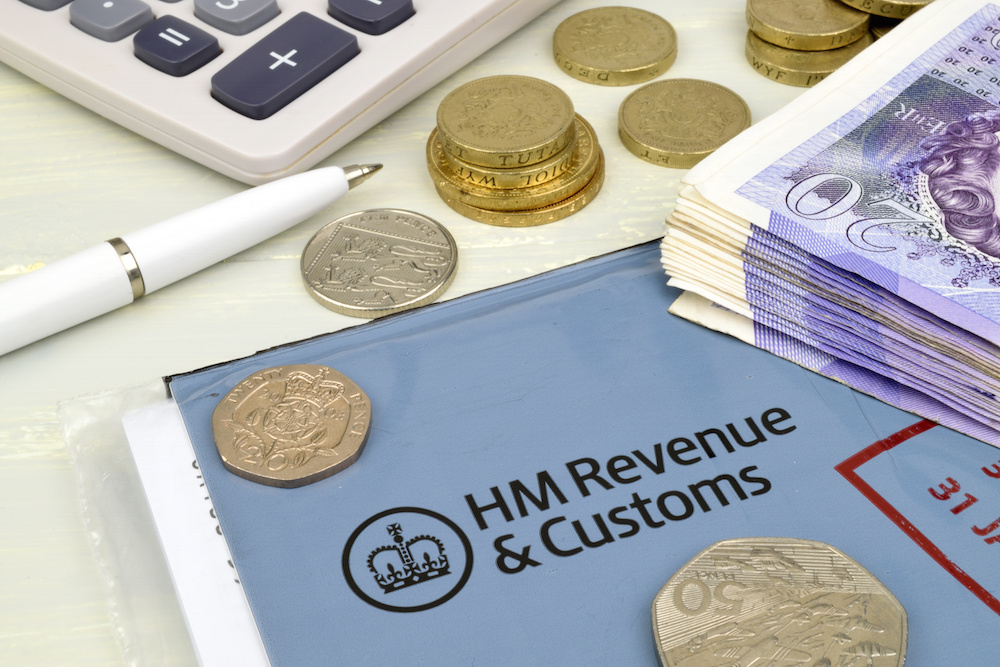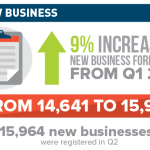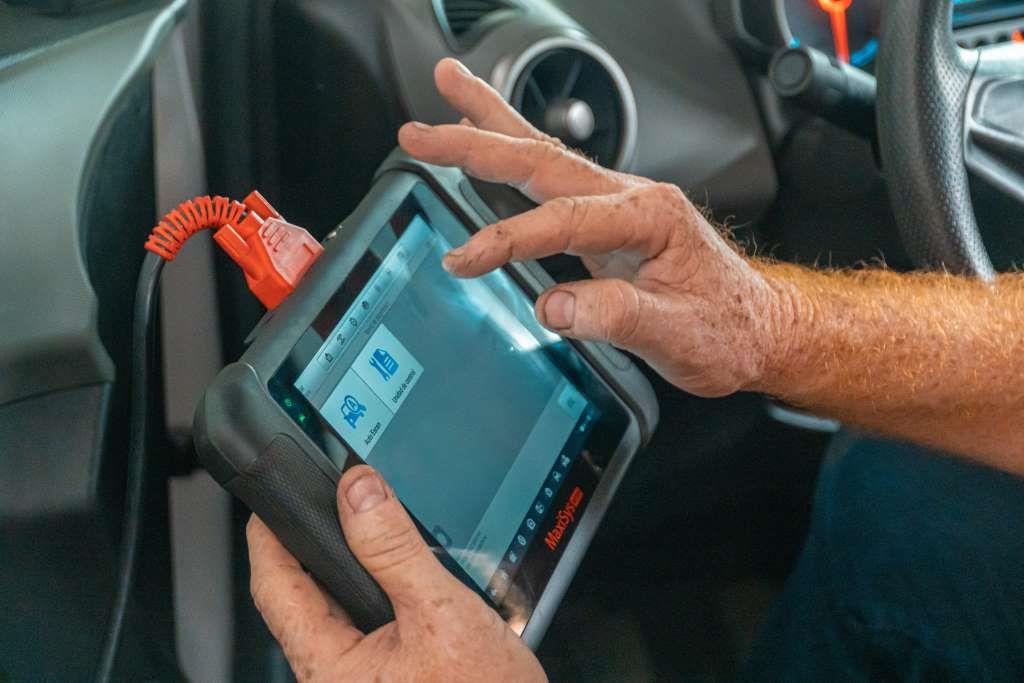The deadline for submitting your self-assessment tax return was 31st January. If you still haven’t done so, you have already entered the realm of late submission fines. These fines keep increasing the longer you leave it, so in order to avoid additional penalties and keep the amount you pay to a minimum it is important to get your tax return in as soon as possible.
If you have a reasonable excuse for not submitting your return on time, it is important to let HMRC know as soon as possible. HMRC has an understanding policy when it comes to those who have a genuine reason for late submission, and this could mean that fines are waived altogether. However, failing to let them know about the excuse in good time or waiting an unreasonably long time to submit your return once you are no longer being held back will severely weaken your position, so it is important both to let HMRC know about the situation promptly and to complete your return as soon as you are able.
Assuming you do not have an excuse that HMRC will accept, then it is just a matter of damage limitation. This means submitting your return as soon as possible, because otherwise fines will continue to grow. Submitting at any point after the 31st January deadline has passed will immediately result in a fixed penalty of £100. This will just be the first of a number of penalties if your return remains unsubmitted.
You will also start to accrue interest on your tax repayment, starting from the moment the deadline has passed and the calendar moves onto the 1st of February. As is the nature of interest, the longer you wait the greater the amount owed will be.
If you have still yet to complete your self-assessment at the end of February, you will have to pay a further penalty which is equivalent to 5% of the tax that you are due to pay. If you have still not completed your return by 1st May, an additional penalty will be levied. This will be £10 per day that the return remains uncompleted. After six months, if you have still not submitted your return yet another penalty will be added. This equals 5% of the tax owed, or £300 if this is greater.
Barring a reasonable excuse, the only real way to limit the damage is simply to submit your return and pay what you owe in tax before too many penalties accrue. Submitting it should be fairly simple process, providing you have easy access to all relevant documents as you should. To submit your return online, you will need a Government Gateway account if you do not already have one.
Opening one is simple, but it can take up to a week before your account is ready as you will have to receive an activation code in the post. You can also submit via a qualified chartered accountant if you don’t want to wait to activate you account, as they can submit it on your behalf. If you would prefer to submit it via your own account, you should get the wheels in motion at the very first opportunity to minimise the interest.
Peter Scully
Latest posts by Peter Scully (see all)
- The Importance of Psychology in Packaging - October 1, 2020
- How vape and e-cigarette branding and packaging has evolved around the world - December 4, 2019
- How offline and online marketing can worth together to increase brand awareness - June 23, 2019
















